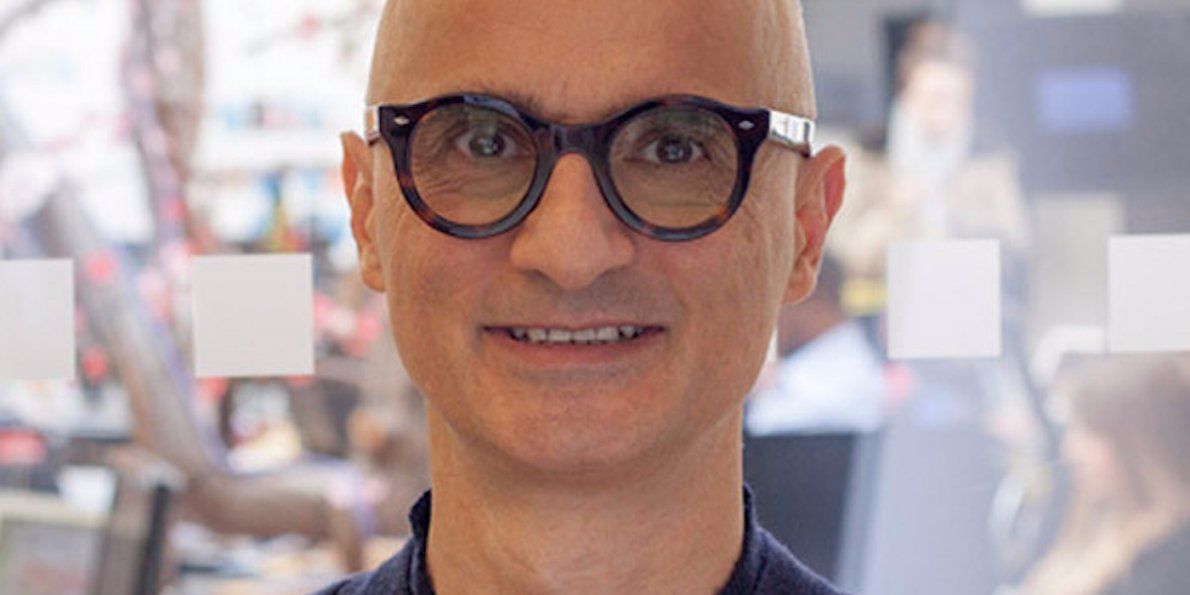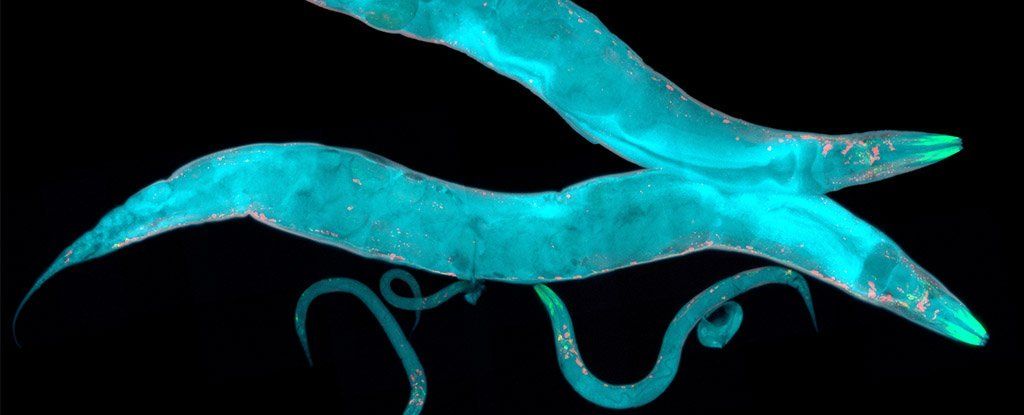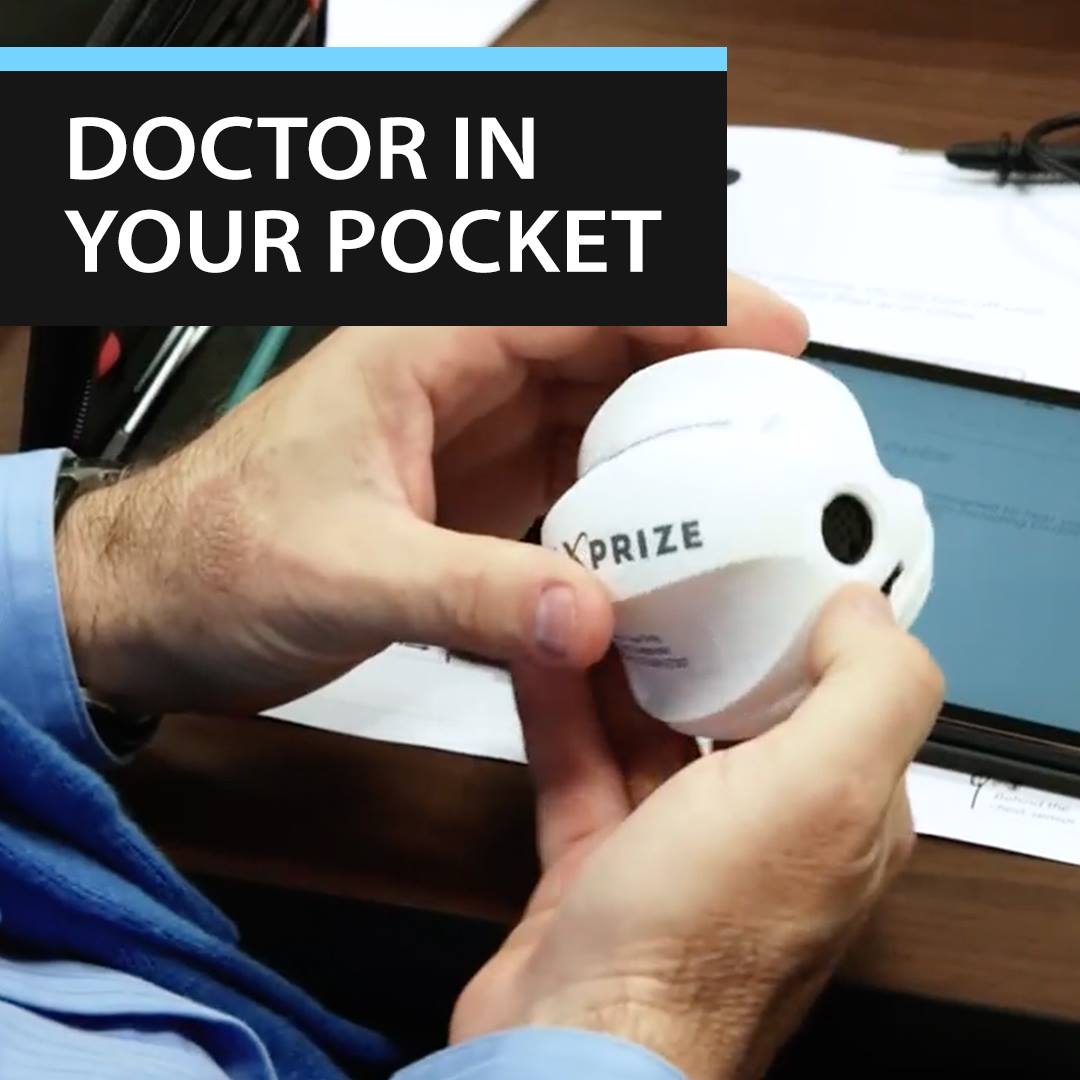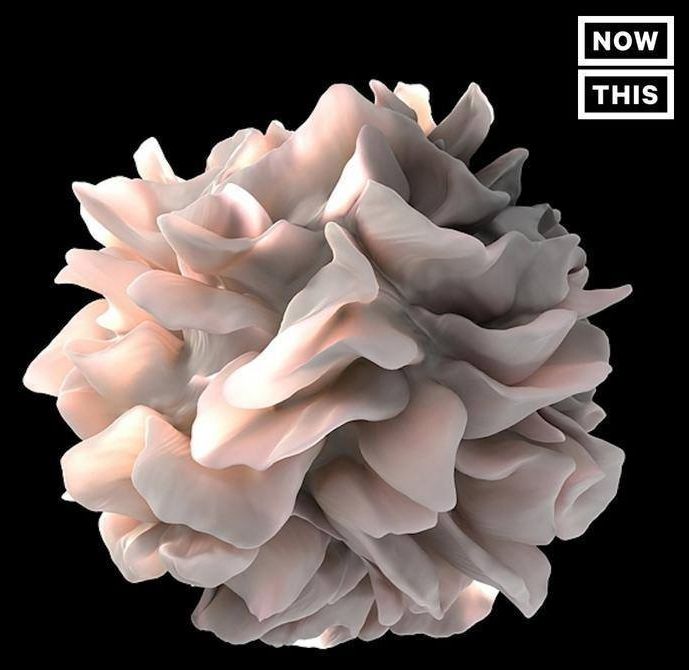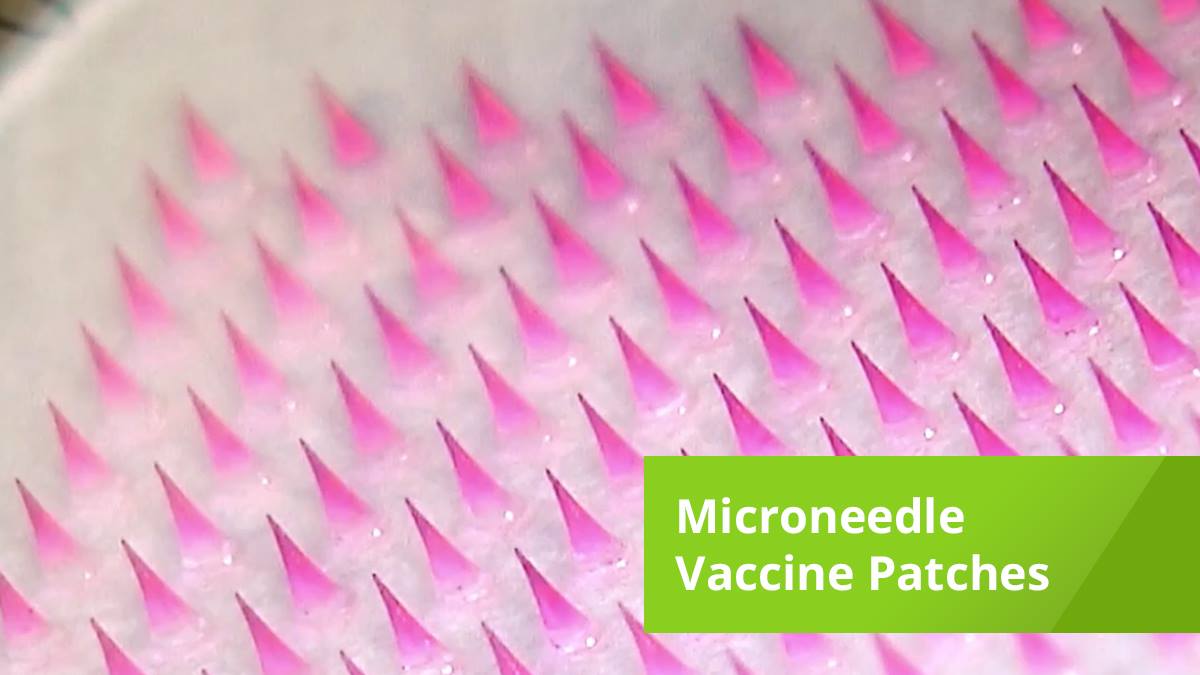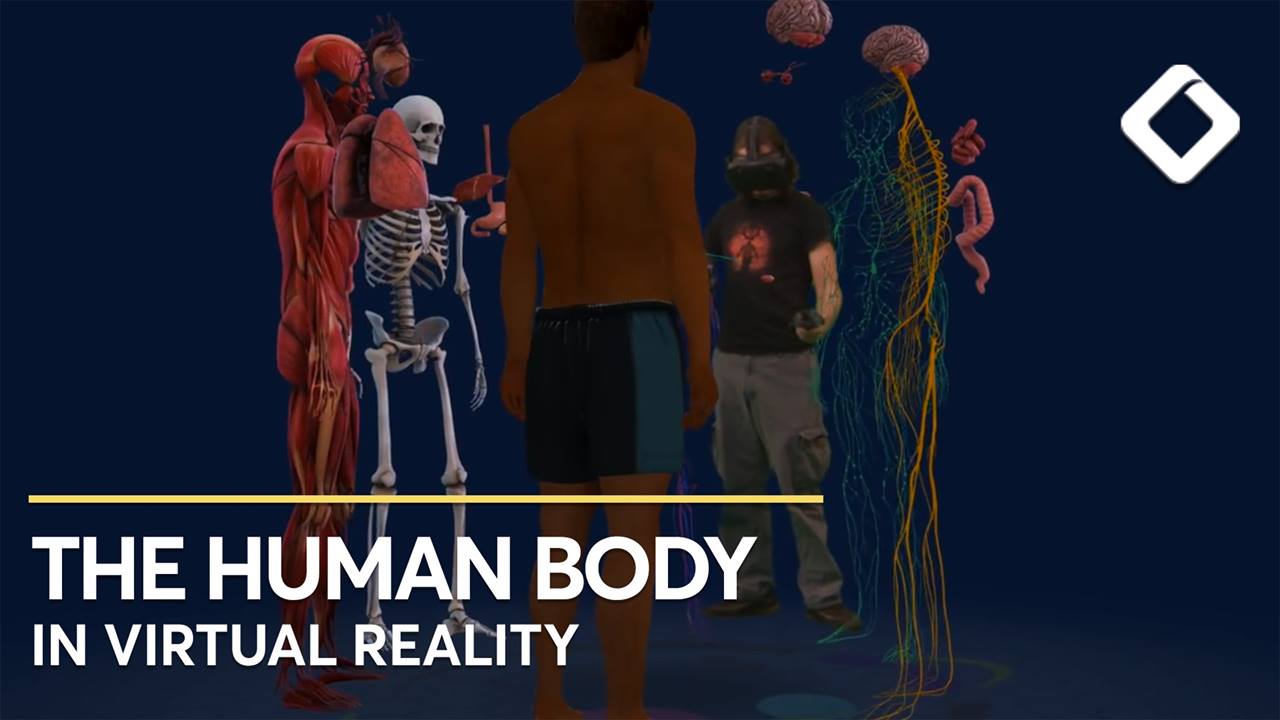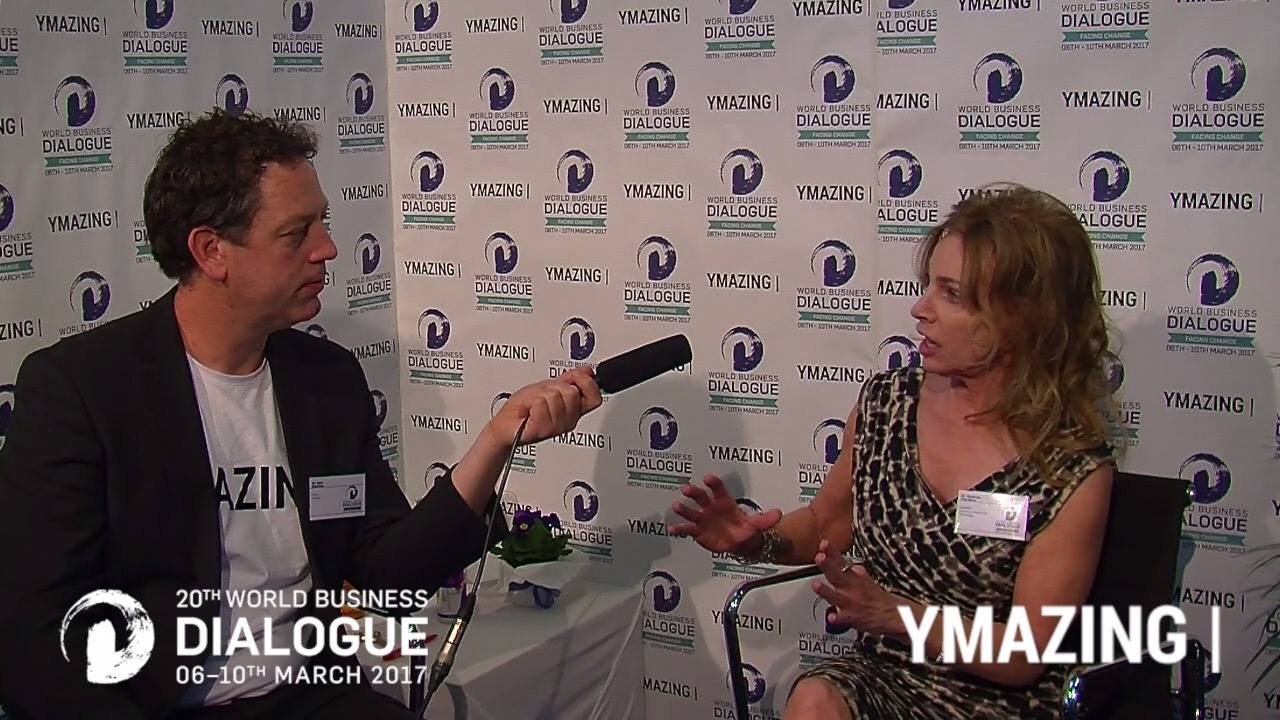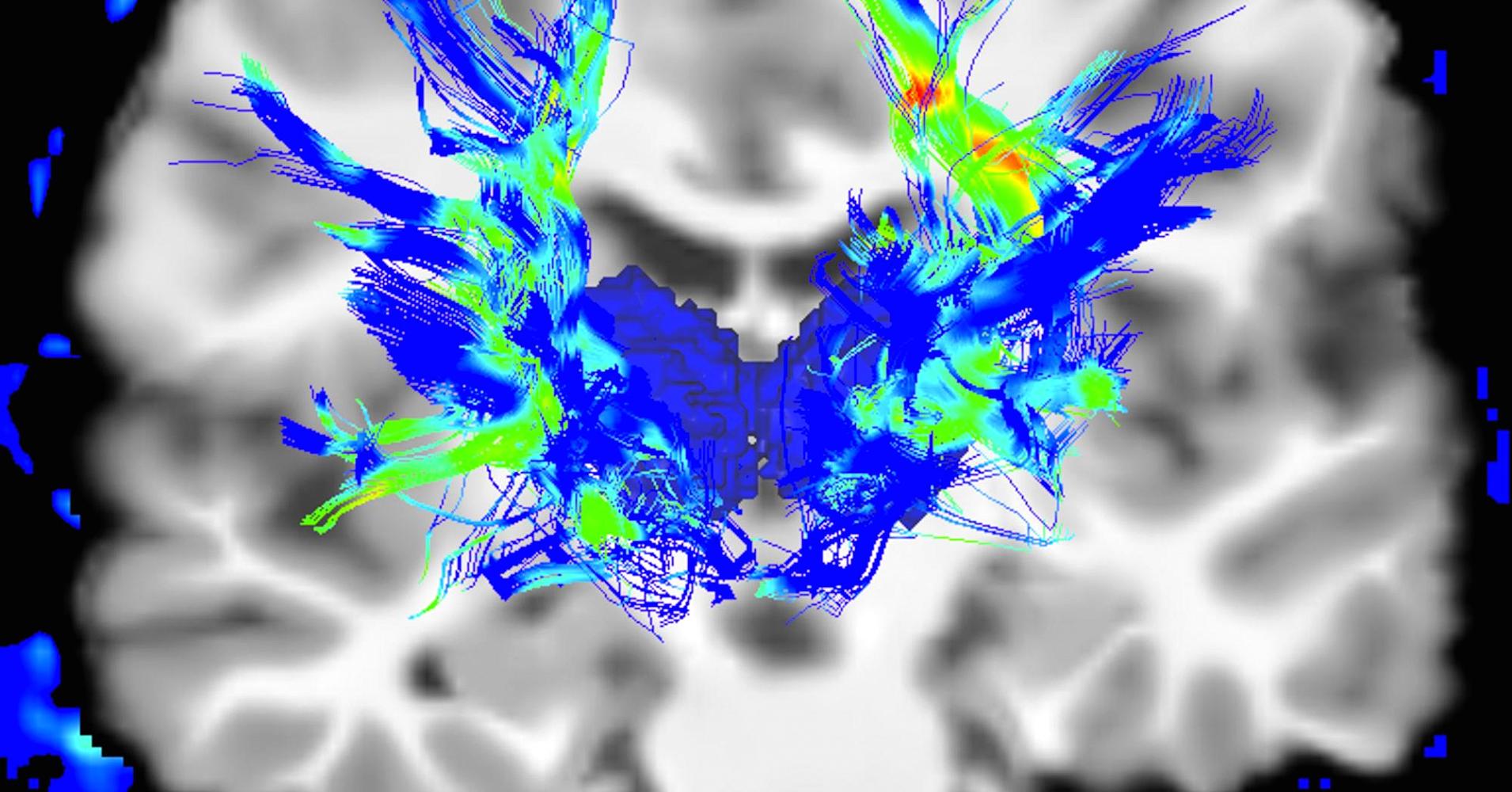Apr 29, 2017
Investors backed an AI startup that puts a doctor on your smartphone with $60 million
Posted by Shailesh Prasad in categories: biotech/medical, mobile phones, robotics/AI
UK artificial intelligence (AI) startup Babylon has raised $60 million (£47 million) for its smartphone app which aims to put a doctor in your pocket.
The latest funding round, which comes just over a year after the startup’s last fundraise, means that the three-year-old London startup now has a valuation in excess of $200 million (£156 million), according to The Financial Times.
Babylon’s app has been downloaded over a million times and it allows people in UK, Ireland, and Rwanda to ask a chatbot a series of questions about their condition without having to visit a GP.
